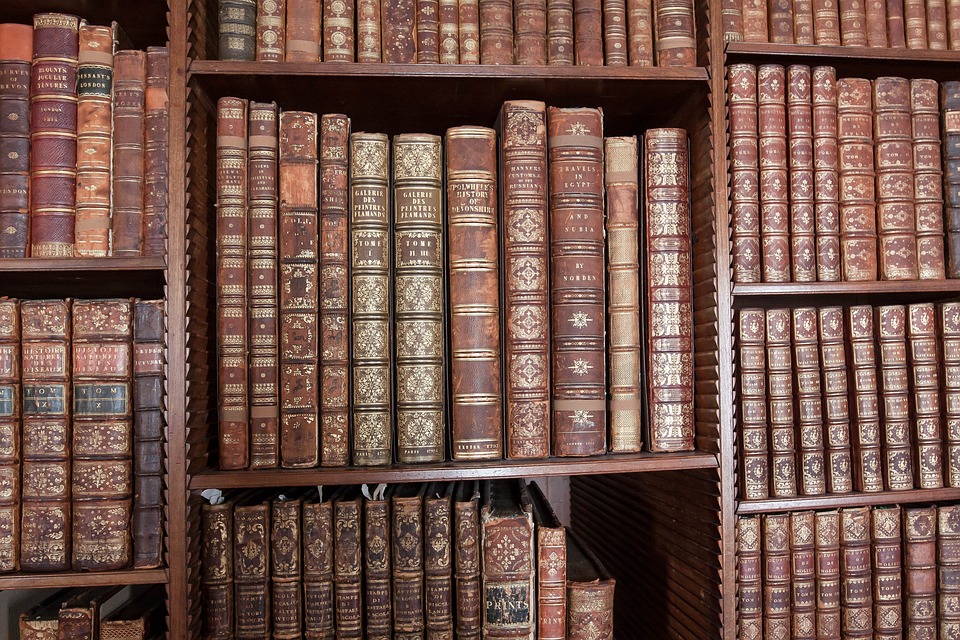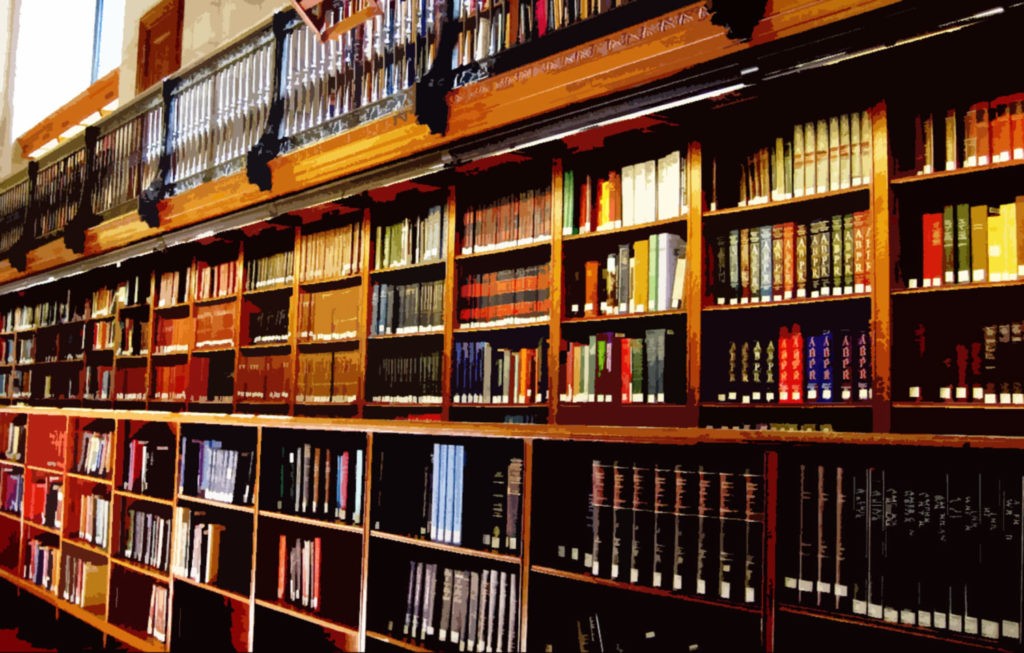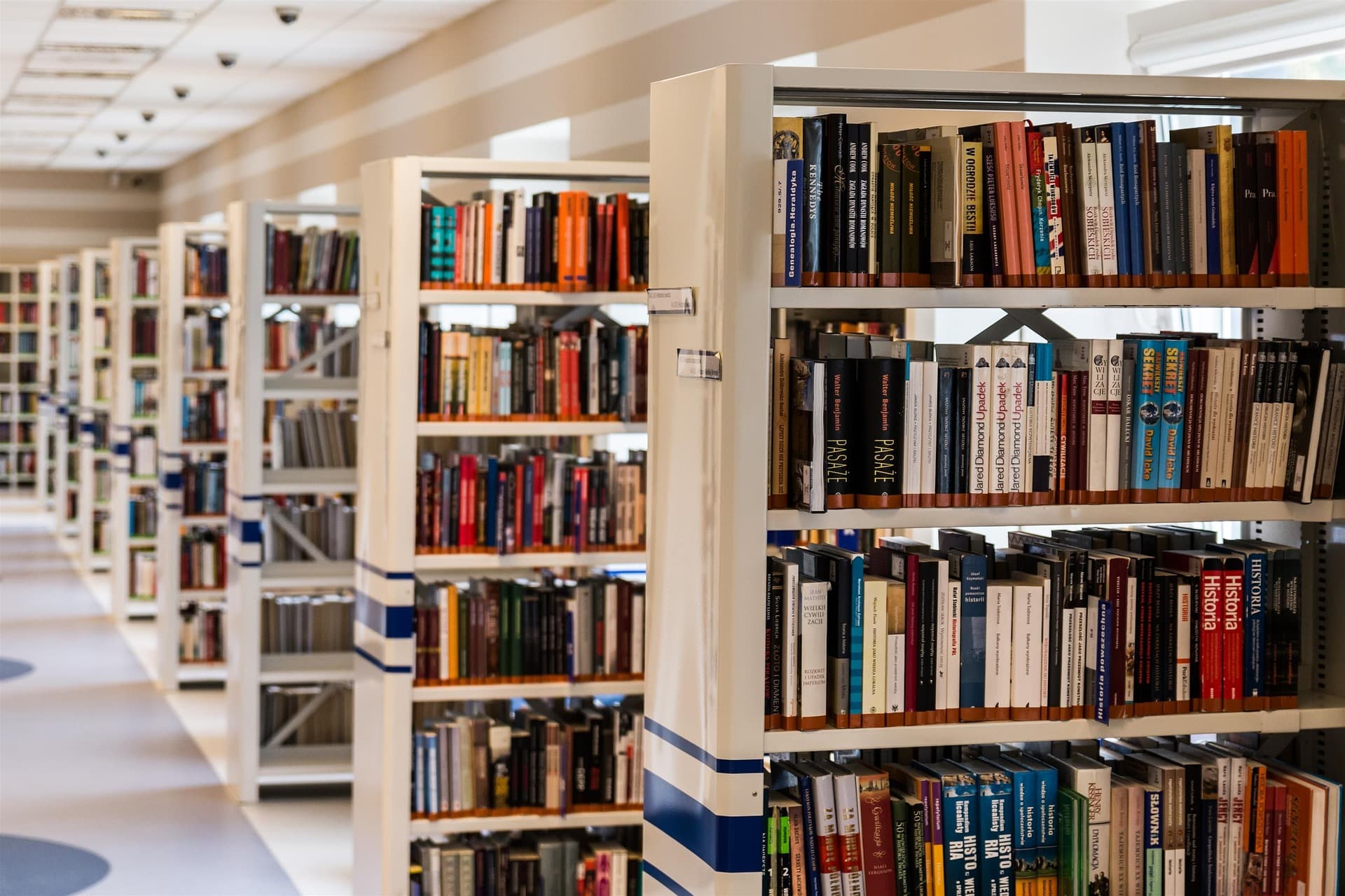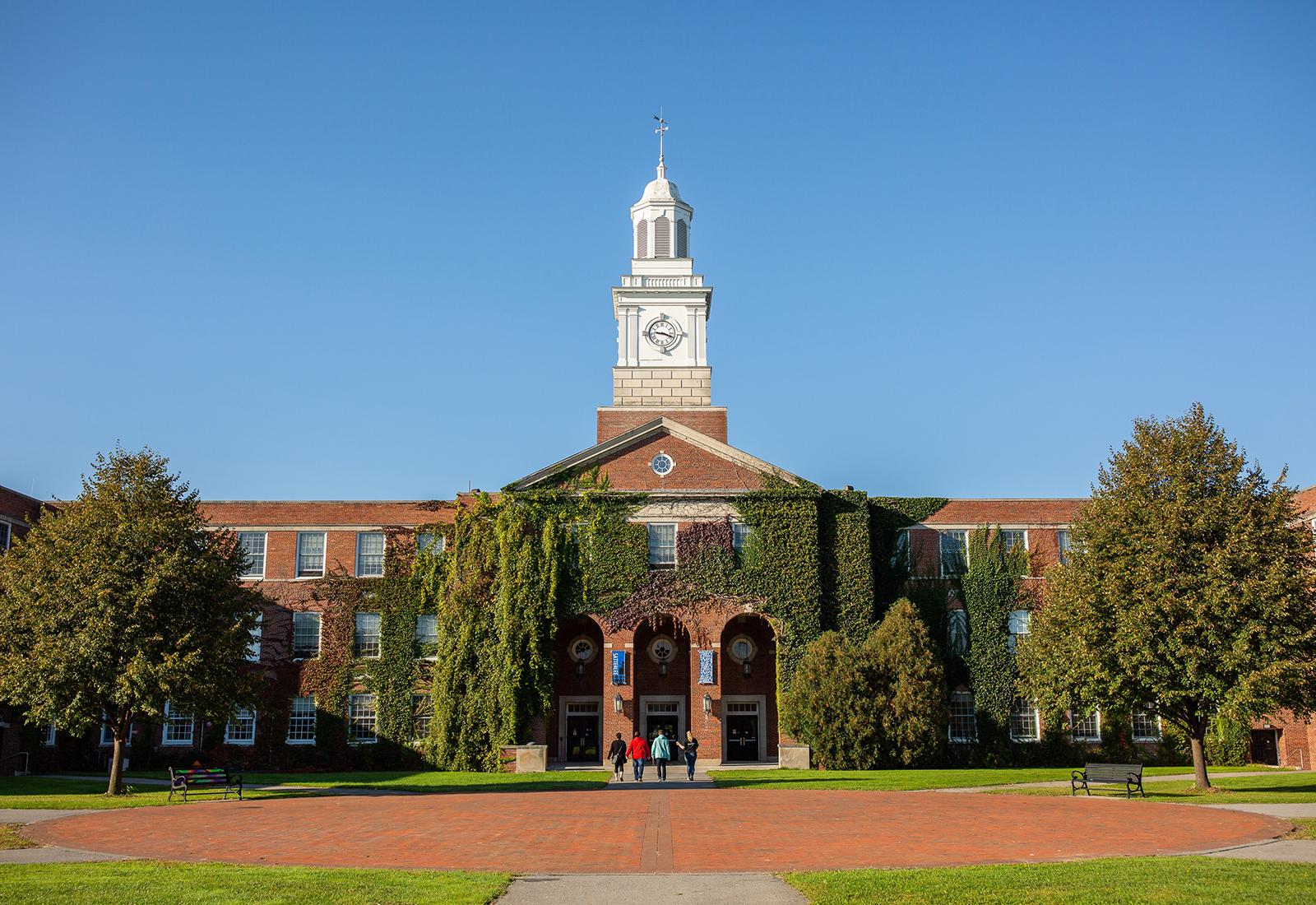A Short Interview With Ben Franklin

The following is a fantasy interview with Benjamin Franklin. Franklin was one of the most interesting and amazing figures of the American colonial period.
Host : Our guest today on The Program is Dr. Benjamin Franklin. Dr. Franklin is a native Bostonian, but his adopted cities are Philadelphia , London , and Paris . Dr. Franklin is an entrepreneur, inventor, journalist, publisher, and statesman.
As an inventor and a man of science he invented the Franklin stove, the bifocal glasses, the lightning rod, and he verified that electricity and lightning are one and the same. Dr. Franklin’s many experiments with electricity were published in 4 languages and brought him international fame.
As an entrepreneur he founded the University of Pennsylvania , the first lending library in America , a fire department, a hospital, and an insurance company. He also owned several pieces of valuable property in central Philadelphia .
As a publisher he is famous for Poor Richard’s Almanac, which published for 25 years, and he became wealthy as a journalist and the owner of the Pennsylvania Gazette.
As a statesman, Dr Franklin presided over the Constitutional Convention in 1776 and was one of five committee members who drafted the Declaration of Independence. During the Revolutionary War Dr. Franklin spent many years in Paris securing financial and military help for the war effort. At the end of the war he was appointed to negotiate the peace treaty with England .
Welcome to The Program, Dr. Franklin .
Franklin : Thank you for the opportunity. As I once said, “To succeed, jump as quickly at opportunities as you do at conclusions.”
Host: First of all, how important was your role in founding our country? The French Finance Minister, Jacques Turgot, said that you “snatched the lightning from the skies and the scepter from tyrants.”
Franklin : I do not feel that I should take too much credit for America ‘s founding. The revolution was the work of many able and brave men, wherein it is sufficient honor for me if I am allowed a small share.
Host: That’s very humble.
Franklin : As I once said, “Humility makes great men twice honorable.”
Host : Tell us something about your role in drafting the Declaration of Independence.
Franklin : I was the oldest member of the committee of five who were assigned to draft the Declaration. John Adams seemed the most likely candidate to draft the document, since he had the most experience with writing such documents. But I liked young Jefferson ‘s style the best, and in the end we decided to let him write the draft. Later in June of 1776, while I was at home recovering from the boils and gout, Thomas Jefferson asked for my advice about his draft of the Declaration. He invited me to read it and to suggest any changes that I thought necessary. I only made a few changes, though I did strike out the words “sacred and undeniable” and replaced them with “self-evident,” as in, “We hold these truths to be self-evident.”
Host: Tell us a little bit about your experiments with electricity. They made you famous, but I’m not sure that I know the whole story about your kite experiment.
Franklin : For several years I had been fascinated by electricity. Our Library Company had received an electricity machine from one of my friends in England . My friends and I devised numerous ingenious experiments involving observation and measurement which we described in letters sent to the Royal Society of London. Those letters were later collected into book form and translated into other languages. I actually had to invent many of the terms that are now commonly used with electricity in order to describe my experiments. Some of the words I coined are battery, charge, condenser, conductor, positively, negatively, and armature.
In 1752 it had occurred to me that lightning was an electrical fire discharge between one body with an overquantity to a body with an underquantity which equalized the difference between the two. I wanted to do an experiment with the spire of Christ Church in Philadelphia but I became impatient waiting for them to build the spire. It occurred to me that a kite could get closer to the thunderstorm than the spire ever could, so I devised a plan to launch a kite during a storm to see if I could detect electricity emanating from the storm.
Weather being what it is in Philadelphia , it didn’t take long before storm clouds approached and my opportunity to test my idea was given. My son William, who was 21 at the time, was the only one who assisted me with raising the kite because I didn’t want too many people knowing about what I was doing. A nearby field had a convenient shed where I could sit during the storm and wait for a suitable cloud to approach. A considerable time passed before any promising clouds appeared and all of them proved to be wasted effort. Finally, one good cloud caused the loose threads on the hemp kite string to move and stand up. I touched my knuckle to the key that was within reach and felt the electric spark for myself. This confirmed my belief that lightning was a form of electricity.
Host: Wow, that lightning stroke was a stroke of good fortune.
Franklin : Good fortune, maybe, but maybe good planning. As I once said, “He who waits upon fortune is never sure of dinner.”
Host: The story about how you met your wife is a funny story. Can you tell us about that?
Franklin : Certainly, and this is a story that you can find in my book, Autobiography, which you can find at Amazon.com and local bookstores everywhere. I remember the day well. It was a Sunday, October 6, 17 23 . I was just a young man of 17 and I had not been having much luck in gaining reputable and sufficient employment. I had left Boston in favor of New York , but when nothing seemed providential in New York I went to Philadelphia to become a printer.
On my very first day in Philadelphia , and with only a few coins in my pocket, I stopped at a bakery and for three pennies received three great puffy rolls. I had one loaf under each arm and was munching on the third while I walked up Market Street . As I approached the residence of the Read family their daughter, Deborah, saw me from their front door. I was a frightful sight. As Deborah later remarked, I made a most awkward ridiculous appearance. But seven years later we formed a common-law marriage. We had to do it that way because Deborah had become married while I was in England during the intervening years and then her husband deserted her and completely disappeared. Deborah and I were happily married for 44 years and we raised two sons and a daughter.
Host: Dr. Franklin, we want to thank you for coming on our show today. But before we part I want to ask you one last question if I may. Did you really say, “Beer is proof that God loves us and wants us to be happy?”
Franklin : I’m glad you asked that, because I’ve been misquoted on that for many years. What I really said was in a letter to my friend Andre Morellet in 1779. Here’s what I wrote: ” We hear of the conversion of water into wine at the marriage in Cana as of a miracle. But this conversion is, through the goodness of God, made every day before our eyes. Behold the rain which descends from heaven upon our vineyards; there it enters the roots of the vines, to be changed into wine; a constant proof that God loves us, and loves to see us happy.”
With that parting bit of wisdom I wish you and your listeners and readers a gracious good day.
Host: Thank you Dr. Franklin. It’s been a pleasure having you on The Program.




